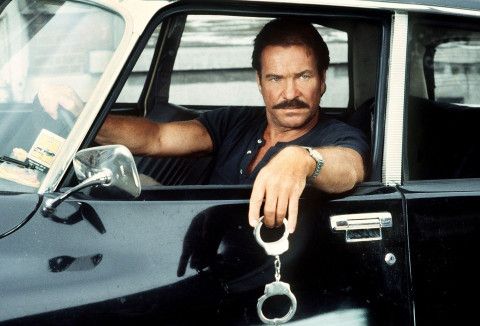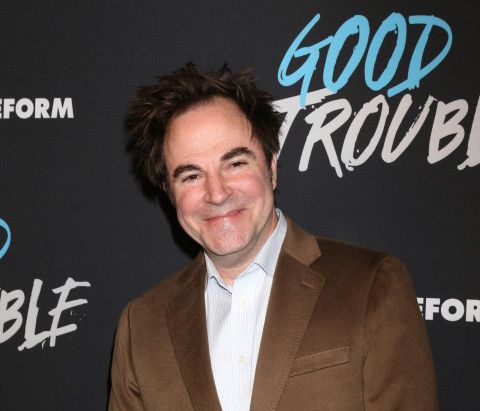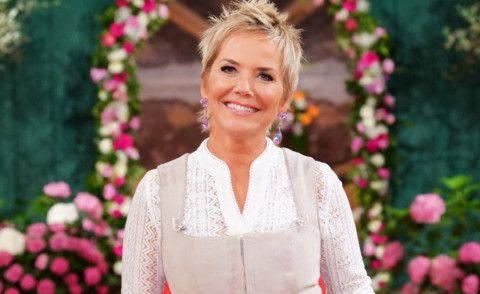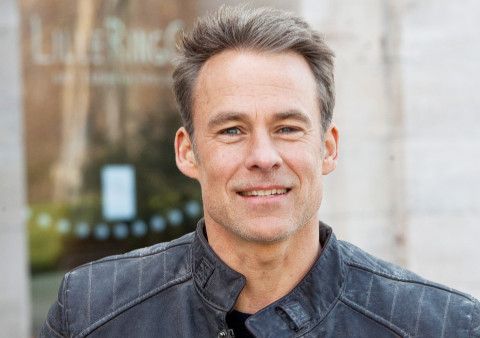Who Do You Think You Are?
12.06.2025 • 00:40 - 01:40 Uhr
Info, Showbusiness
Originaltitel
Who Do You Think You Are?
Produktionsland
GB
Produktionsdatum
2025
Info, Showbusiness
Who Do You Think You Are?
Actor, writer and comedian Diane Morgan - better known as the clueless historian Philomena Cunk - is unsettled to find herself having to genuinely go in search of the truth as she talks to historians to uncover her family history. Diane's father died six years ago. They had started a family tree, but there are still mysteries to solve. Diane assumed all her dad's family came from the North of England, but remembers him talking about 'German Charlie'. She also knows that there's a Scottish connection with her two-times great-grandmother. But first, Diane wants to find out about her great-grandfather's sister, her great-great-aunt Sarah Jane - or Jinny, as she was known. Diane is intrigued by a plaque, or death penny, that Jinny left to the family. It commemorates Jinny's fiancé, Albert Dugdale, who lost his life in the First World War. Diane wants to find out if he has any living relatives, as she would like to return the penny to his family. To start her investigation, Diane visits her mum Eirwen in Wales, where they comb through the family archive and find photographs and documents relating to Jinny and Albert. Diane discovers that before the war they were both living in Farnworth, near Bolton. In Bolton, Diane meets historian Michala Hulme, who reveals Albert and Jinny likely worked at the local mill. The mill was owned by the Prestwich brothers and made Burberry trench coats, designed to be worn in the trenches of the First World War, but Diane finds out Albert wouldn't have been wearing one, as they were only issued to officer classes. So while Jinny made Barbers in Bolton, Albert wore standard issue woollen uniform on the front. Michala explains that after Albert was killed, his parents would have been given the death penny, so they must have chosen to then give it to Jinny. Diane takes the bus to Farnworth to look at where Jinny and Albert lived. She discovers the streets where they lived were just over the road from where Diane herself grew up. Diane is keener than ever to return the death penny to one of Albert's living relatives, but while the team genealogist looks into this, Diane wants to explore the Scottish side of her family. Diane knows her two-times great-grandmother Isabella Robson came from Dumfries. In the town's library, she meets genealogist Emma Maxwell, who has uncovered documents relating to Diane's family. Diane learns that her three-times great-grandfather was called Adam Robson, but his mother - Diane's four-times great-grandmother - is listed as Isabella Hope. Diane's intrigued - why does he have a different surname? Emma shows Diane some court documents which help to explain the situation: Isabella had five illegitimate children by four different men, she took them all to court to get financial assistance from them - and won. Emma explains that while many women at the time had illegitimate children, Isabella was unusual in that she not only took the fathers to court, but also won. Diane learns Isabella moved from a tiny village called Breconrae to the centre of Dumfries. In 1848, a cholera outbreak struck the town; Isabella was one of the victims and was buried in a mass grave. There's no memorial or gravestones for those who died in the outbreak, but Diane meets local photographer Graeme Robertson, who is making a commemorative plaque to record the names of all the dead - including Diane's four-times great-grandmother, Isabella. Diane now turns to the mystery of 'German Charlie'. Diane's three-times great-grandfather, Charles Fennet, is recorded as having been born in Germany, but died in Manchester. His wife Elizabeth was born and died in Manchester. Another record reveals Elizabeth having a baby in a place called Mönchengladbach, in Germany, so this is Diane's next stop. In Mönchengladbach, Corinna Greven shows Diane documents which reveal Elizabeth and her father left Manchester for Germany sometime in the 1850s. At the time, Manchester was the centre of the textile industry in the UK, and in the 1850s, as Germany was beginning to industrialise, it sought out British workers for their expertise. Diane travels to Hagen, another town where Elizabeth lived, where documents reveal that she had children here and was married to a man called Anton Fenett, also recorded as Carl Anton Fenett. This must be 'German Charlie'. He and Elizabeth went back to Manchester with their children in the 1870s when German industry declined. Diane has one more thing left to do, as the team genealogist has managed to track down one of Albert Dugdale's living relatives. Back in Farnworth, Diane meets John Dugdale, Albert Dugdale's nephew. In a touching encounter, John shows Diane a photograph of Albert's grave in France, and explains how he himself visited the grave. Despite the fact he never knew Albert, John feels it's important to remember him. Diane gives him the death penny, saying she thinks this is what her great-great-aunt Jinny would have wanted.

























